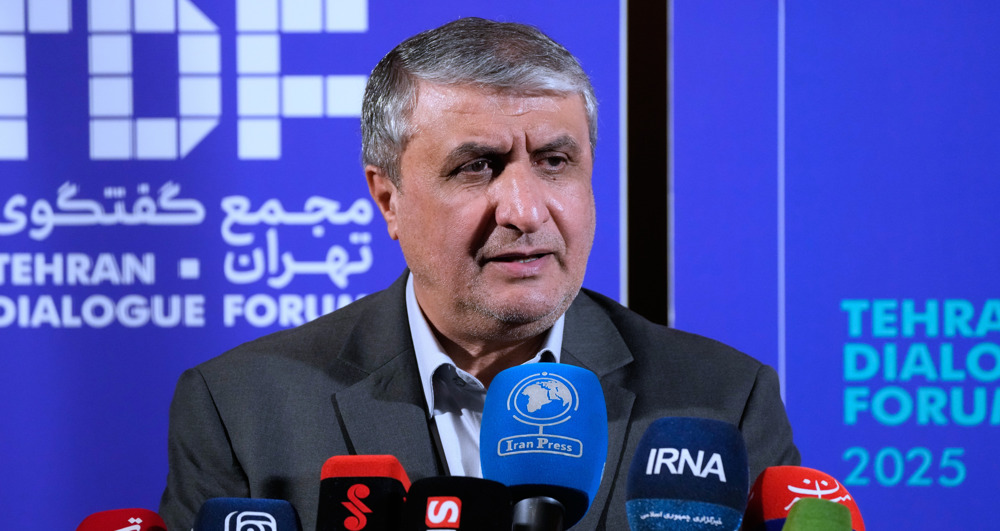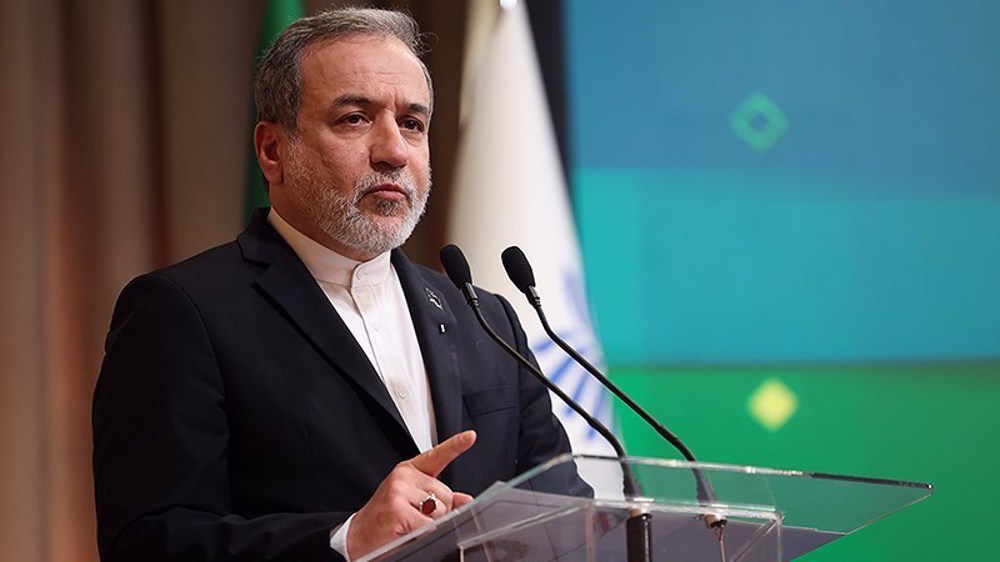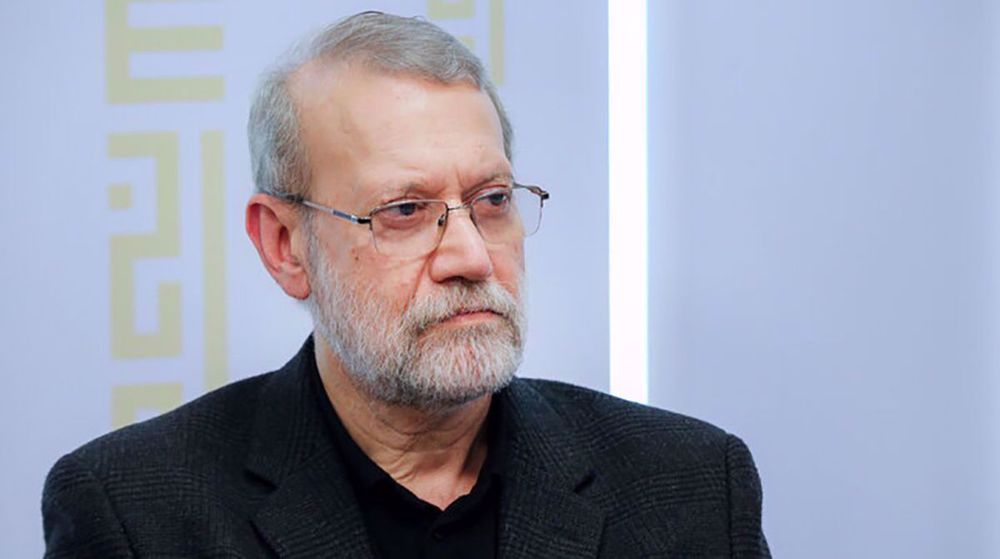Rouhani: Iran accepts no restriction beyond JCPOA commitments
Iran's President Hassan Rouhani says Tehran will not accept any limitation on its nuclear program beyond commitments undertaken as per the nuclear deal with the P5+1 group of countries.
Rouhani made the remarks in a phone call with his French counterpart, Emmanuel Macron, on Sunday as US President Donald Trump considers whether or not to scrap the Iran nuclear deal, officially known as the Joint Comprehensive Plan of Action (JCPOA), on May 12.
Trump is a stern critic of the nuclear deal reached between Iran and the five permanent members of the UN Security Council - the United States, France, Britain, China and Russia - plus Germany. Under the agreement, nuclear-related sanctions put in place against Iran were lifted in exchange for curbs on Tehran's nuclear program.
The US president on January 12 reluctantly agreed to waive sanctions against Iran that were lifted as part of the landmark deal, but threatened to withdraw from the accord if some "disastrous flaws" were not fixed.
He said he wanted America's European allies to use the 120-day period before sanctions relief again came up for renewal to agree to tougher measures and new conditions; otherwise Washington would pull out of the deal.
Other parties to the agreement have all criticized Trump’s hostile views, saying the deal is sound and has proven to be functioning.
Earlier on Sunday, the leaders of Britain, France and Germany reaffirmed their support for the landmark nuclear deal with Iran, noting that it is the best way to keep limitations on Iran's nuclear program in place.
According to a statement by the office of Britain's Prime Minister Theresa May, the French president and German Chancellor Angela Merkel made the remark in separate phone calls with the British premier.
Rouhani further said, “The fate of the JCPOA after 2025 will be determined by international law and Iran will not accept any limitations beyond its commitments.”
The Iranian chief executive emphasized that the JCPOA is not open to negotiation.
"The sustainability of the JCPOA will strengthen regional security and cooperation… The JCPOA is the first important basis of trust between Iran and Western countries," Rouhani said.
He added that the US stance against the JCPOA is a blatant violation of the agreement among the seven countries, noting that Iran has made "very important decisions" in recent days about different economic issues and banking relations.
"We have planned various measures [to counter] any decision the US would make on May 12," the Iranian president pointed out.
He said the current US approach to the JCPOA is a breach of the accord and is aimed at creating ambiguity for different countries and economic enterprises about enhanced cooperation with Iran.
Read more:
- 'Either all or nothing' on Iran nuclear deal: Zarif
- Iran's response readiness will startle US if it pulls out of JCPOA: Salehi
- China vows to step up effort to safeguard, implement Iran nuclear deal
France will certainly stay in JCPOA: Macron
The French president, for his part, reaffirmed the importance of increasing Tehran-Paris cooperation in all areas and said the European Union and France in particular would defend the JCPOA and definitely stay in the deal.
Macron added that remaining committed to obligations under the JCPOA would build confidence and boost security in the region.
France and other European countries are determined to stay in the nuclear agreement, he said, calling on Iran to also remain in the deal.
Macron further emphasized that his country sought a stable Middle East and believed that the JCPOA was an important model for solving problems in this region.
Speaking at the US Congress Wednesday on the final day of a three-day state visit to Washington, Macron said Paris would not leave the Iran nuclear deal.
The French president added that the JCPOA was not addressing what he called “all concerns,” but stressed that the deal could not be ditched.
Earlier in April, the European Union reiterated its strong and unequivocal commitment to the full implementation of the 2015 nuclear agreement with Iran by all sides, saying that preserving the deal was vital.
"The Europeans have always made it clear, the European Union has always made it clear that for us, keeping the agreement in place is vital. It is a strategic interest for the European Union and we will stick to it," EU foreign policy chief, Federica Mogherini, told reporters ahead of the bloc's Foreign Affairs Council meeting in Luxembourg.
UN chief condemns new Israeli annexation project in occupied West Bank
Araghchi briefs foreign ministers of Turkey, Egypt and S. Arabia on US talks
JD Vance’s Caucasus trip deepens concerns over sovereignty, security and US meddling
VIDEO | Press TV's news headlines
Thousands rally in Australia against Israeli president's visit as police use pepper spray
Child among four killed as Israel attacks southern Lebanon in ceasefire breach
Russia vows ‘all possible assistance’ to Cuba as US squeezes oil supplies
Hezbollah leader: Israel‑US aggression is Lebanon’s main challenge













 This makes it easy to access the Press TV website
This makes it easy to access the Press TV website